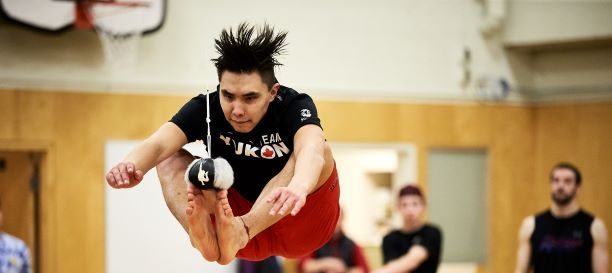Perfectionism
Perfectionism is related to numerous motivational, performance, and mental health-related outcomes in sport – both positive and negative. New research examined the influence of parents and coaches on the development of perfectionism among athletes aged 16-19 and discovered that while both coach pressure and parental pressure were positively correlated with perfectionism, only coach pressure predicted…
Volleyball Swing Volumes
Overuse injuries are common in volleyball. Research reported in the International Journal of Sports Physical Therapy discovered that women collegiate volleyball athletes performed twice as many overhead swings, serves, and hits during practice, compared to volumes during games (with both games and practices lasting approximately 2 hours). This has important implications for managing training, especially…
Coaching – Athlete Confidence
Research reported in the International Journal of Sport Coaching explored athletes’ perceptions of what coaches can do to build athlete confidence. Through surveys with collegiate student-athletes, five key categories were identified: creating a positive environment; responding to athletes productively; developing effective practices for training; developing interpersonal relationships with athletes; and coach possession of effective intrapersonal…
Concussion Blog – Artistic Swimming
Most Canadians would not consider artistic swimming a contact sport, but athletes and coaches know the risks. The physical demands, technical components and water environment of the sport require unique concussion policies and practices, especially related to athletes’ “Return to Sport.” Learn more in today’s SIRC blog.
2020 AWG Blog Series
The first Arctic Winter Games was hosted in 1970 engaging 500 athletes from Alaska, Northwest Territories, and Yukon. In March of 2020, an estimated 2,000 athletes from across the Circumpolar North will be in Whitehorse, Yukon as the Games mark their 50th anniversary. Learn more about the Games and its role in athlete development in…
Super-Elite Athletes
Evidence suggests that a number of preconditions are necessary to achieve at the highest levels of sport, including a family culture of striving and achievement, positive sport-related experiences during early development, late sport specialization, and an ability to “push yourself to the maximum” in competition and practice. But what differentiates elite athletes (those that compete…
2020 Arctic Winter Games: How Uneven Competition Led to Significant Change in Northern Sport Development

This is the first blog in a series leading up to the 2020 Arctic Winter Games that will be hosted by Whitehorse, YT March 15-21, 2020. Subsequent blogs will focus on the logistical challenges of hosting in a smaller centre, engaging remote northern and First Nations communities, and the incorporation of Circumpolar culture. Living in…
Risks of Early Specialization
The sport sector has been abuzz about the potential risks of early specialization, including physical injury, athlete burnout, and dropout from sport. However, the link between early specialization and burnout is not well supported by the evidence. Research from the University of Alberta discovered coaches can help avoid burnout and dropout by supporting athletes’ sense…
Psychological Skills and Overuse Injury
Research from a sample of elite youth tennis players in the Netherlands showed that girls with low to moderate self-regulation skills (i.e. planning, self-monitoring, evaluation and reflection) were 10.8 times more likely to miss training or competition due to overuse injuries. Although this is a new area of inquiry, evidence to date suggests that improving…
Small-sided Games and Goalies
Under the age of 12, Soccer Canada’s Long-Term Player Development (LTPD) model is built around small-sided games. A large body of research has demonstrated the benefits of this approach for players’ skills and confidence. However, little was known about the affects for goalies – until now. A new study has shown that goalies have more…